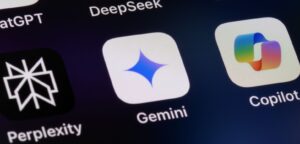
Learner Engagement in the Age of Shortened Attention Spans
Have you ever posed a question to a classroom full of students, leaving the recommended moment of silence to await responses, only to realize no one seems to have heard the question? It’s no secret to seasoned instructors that learner attention spans are getting shorter.











